#giuliano montaldo
Explore tagged Tumblr posts
Text

Gena Rowlands-John Cassavetes "Las Vegas, 1,970" (Gil intoccabili) 1969, de Giuliano Montaldo.
322 notes
·
View notes
Text

Machine Gun McCain (Gli intoccabili), Giuliano Montaldo (1969)
#Giuliano Montaldo#Mino Roli#John Cassavetes#Britt Ekland#Peter Falk#Gabriele Ferzetti#Pierluigi Aprà#Luigi Pistilli#Florinda Bolkan#Tony Kendall#Salvo Randone#Gena Rowlands#Erico Menczer#Ennio Morricone#Franco Fraticelli#1969
7 notes
·
View notes
Text
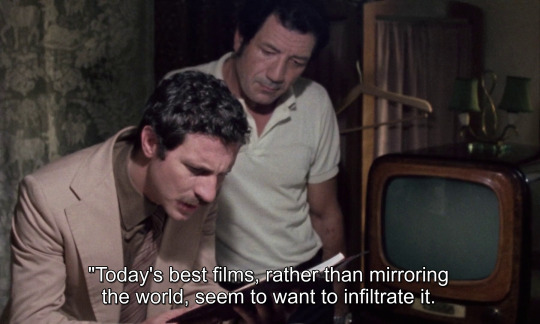


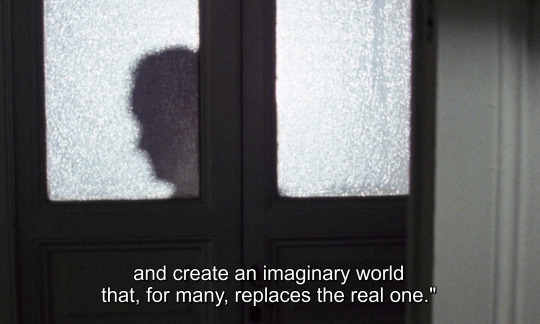
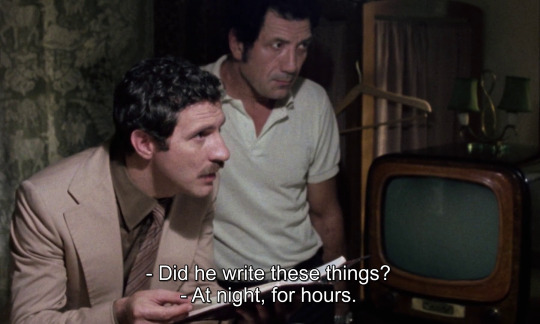
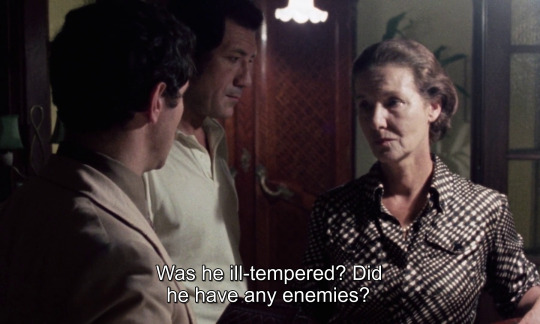

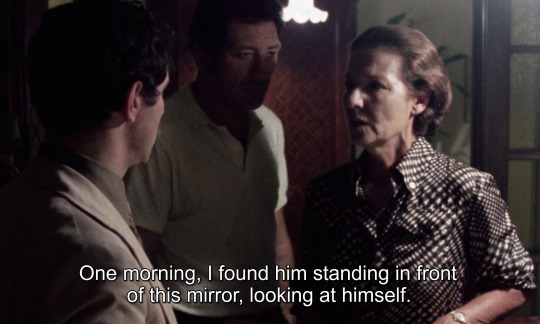
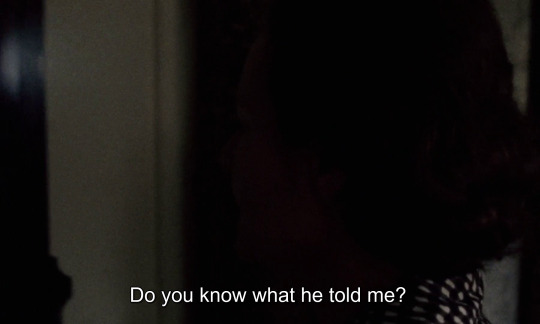
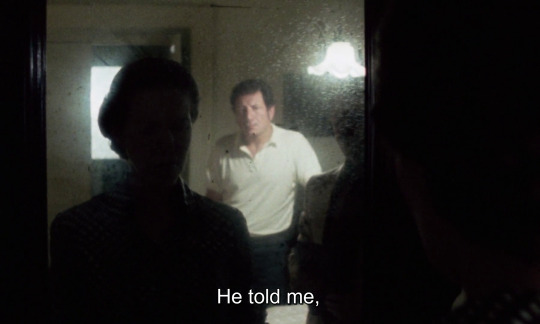
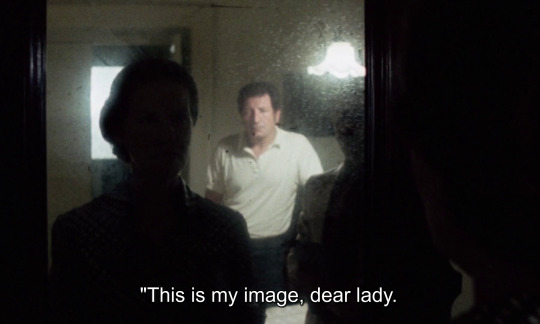
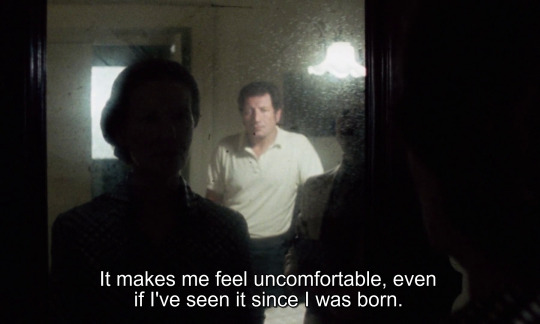
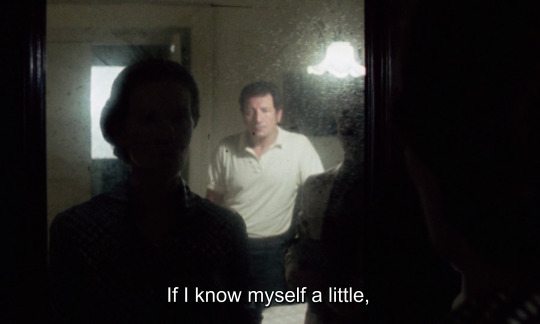
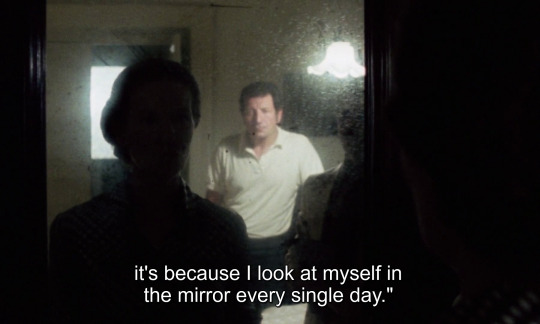
Closed Circuit (Giuliano Montaldo, 1978).
33 notes
·
View notes
Text
hank 🧨
MY MAAAAAN
dans ce film c'est une ordure comme on en fait plus, comme d'habitude le regard qui tue et pas que.
him and gena is one of the best things to happen since the dawn of time
l'intro est longue longue maaaiiisss ça vaut la peine.


#machine gun mccain#giuliano montaldo#cinéma américain#1969#john cassavetes#b e a u t i f u l#HIS STARE WTF I -
11 notes
·
View notes
Text

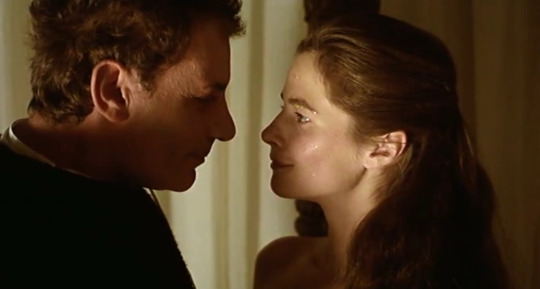
Giordano Bruno (1973)
#us!#jsuzggwsvusbshshvwgzgvshsbsjs#charlotte rampling#gian maria volonté#giordano bruno#giuliano montaldo#70s#giordano bruno 1973#mine
32 notes
·
View notes
Text
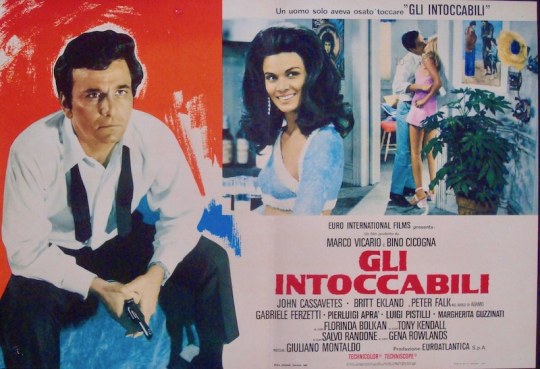



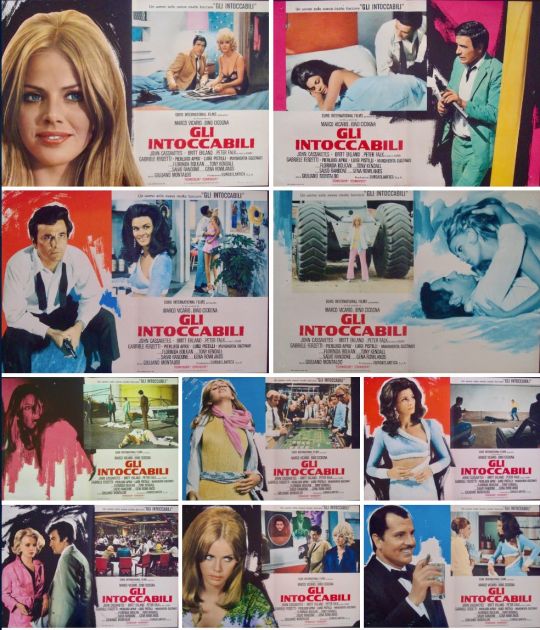


MACHINE GUN McCAIN (1969) - PETER FALK POSTERS (Part 7/10)
The gritty Italian Mafia crime movie set in Las Vegas is PETER FALK 's first collaboration with his really good friends John Cassavetes and Gena Rowlands.
He plays a mean mafia mobster along a Top cast and one of one Ennio Morricone's best non Western soundtrack
Above are the complete 10 Italian fotobusta movie poster set along with posters from Finland, France, Italy and the US (click on each image for details).
Director: Giuliano Montaldo Actors: Peter Falk, Florinda Bolkan, John Cassavetes, Britt Ekland, Gabriele Ferzetti, Gena Rowlands
ALL OUR PETER FALK POSTERS ARE HERE
If you like this entry, check the other 9 parts of this week’s Blog as well as our Blog Archives
All our NEW POSTERS are here All our ON SALE posters are here
The posters above courtesy of ILLUSTRACTION GALLERY
#illustraction gallery#illustraction#peter falk#Machine Gun McCain#john cassavetes#gabriele ferzetti#gena rowlands#florinda bolkan#britt ekland#Mafia movie#giuliano montaldo#Ennio Morricone#1969#film#vintage#Italian movie#Italian movie poster#fotobusta#French movie poster#Finnish movie poster#Half sheet movie poster
10 notes
·
View notes
Text
Movie Review | Closed Circuit (Montaldo, 1978)
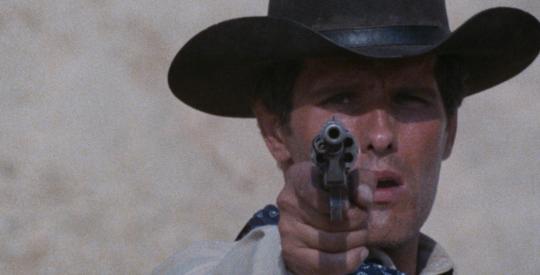
I stumbled across some online discourse recently about bad behaviour in movie theatres. I'll be honest, I've probably been a little spoiled in this respect in that 99% of my theatre experiences, at least in terms of audiences, have been pretty good. And I agree that having people talk loudly during movies or use their phones or take calls is pretty annoying. But it could be worse. For example, somebody could kill you. Which is what happens in this one.
The movie within the movie here, a spaghetti western starring Giuliano Gemma, is pretty interesting to ponder. On one hand, it looks plausibly like the real thing, in that it has the visual language of the western down pat, and the glimpses you see are like something you might have caught the end of on TV. In the pre-streaming age I would linger on movies that grabbed me visually while flipping through channels even if I wasn't able to catch anywhere near the whole thing, and the first victim here stepped into the theatre with only ten minutes left to go because his love for cinema was so strong, so I felt a certain kinship with the character even if we don't spend much time with him.
But this movie within the movie also feels very much like the idea of a spaghetti western. You don't get any plot beyond the outlines of a confrontation. You get the bare minimum in imagery to evoke a western. Cowboy hats. Guns. Dust. And maybe that's all you need. And it's fitting for a movie that has the outlines of a thriller but has a lot of fun treating movies as a verb, both the act of watching them and the power they have over us. And it has some fun too matching the movements of the characters to the action onscreen and contrasting the bright sunlight of the western with the darkness of the theatre. And the trivia-minded will enjoy hunting for all the little Easter eggs, from the promotional material for Super Kong to the poster for The Perfume of the Lady in Black to all the portraits of your favourite Old Hollywood stars.
The movie is maybe a little too effective at evoking the inertia and sweaty frustration of the investigation, so there are times when it seems to plod. (This was made for television, and I suspect some of the pacing issues are a result of timeslots it had to fit into.) And given all the characters this juggles, only a few really make an impression, like Aurore Clement and the "You understand!" guy from Suspiria. But this is also conceptually clever enough that I had a good time regardless.
0 notes
Text
A GAVI IL TERZO APPUNTAMENTO DEL FESTIVAL LAVAGNINO: UNA SERATA DI MUSICA, STORIA E CINEMA
Il prestigioso Festival Internazionale A. F. Lavagnino "Musica e Cinema", organizzato dall'Orchestra Classica di Alessandria sotto la direzione artistica di Luciano Girardengo, presenta il suo terzo appuntamento al Teatro Civico di Gavi venerdì 15 novembr
Un Viaggio sulla Via della Seta per Celebrare i Legami tra Italia e Cina Il prestigioso Festival Internazionale A. F. Lavagnino “Musica e Cinema”, organizzato dall’Orchestra Classica di Alessandria sotto la direzione artistica di Luciano Girardengo, presenta il suo terzo appuntamento al Teatro Civico di Gavi venerdì 15 novembre alle ore 21. Questo evento, patrocinato dalla Provincia di…
#Alessandra Lavagnino#Alessandria news#Alessandria today#Arte e Cultura#Associazione Libarna Arteventi#celebrazione storica#cinema e musica#Consorzio Tutela del Gavi#cultura internazionale#ennio.morricone#etnomusicologia#Eventi Musicali#Evento benefico#Festival Lavagnino#Fondazione CRAL#Gavi#Giovanni Cestino#Giuliano Montaldo#Google News#Guzheng#Italia Cina#italianewsmedia.com#Iter Research Ensemble#Iudica Dameri#J.M. Amiot#Jing Tan#legami culturali#Luciano Girardengo#Marco Polo#Minifal
0 notes
Text

Robert Hoffmann-Janet Leigh "Diamantes a gogó" (Ad ogni costo) 1967, de Giuliano Montaldo.
8 notes
·
View notes
Text
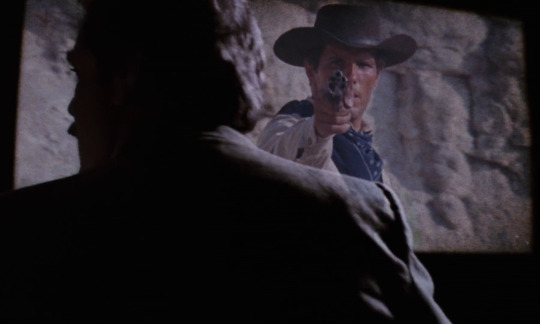
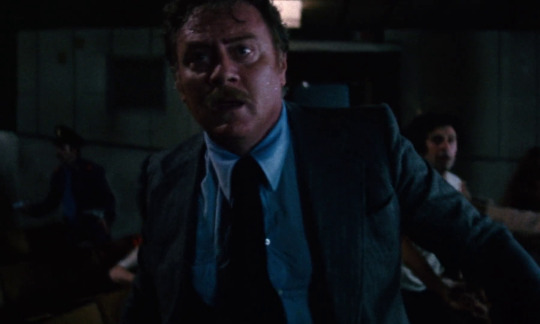
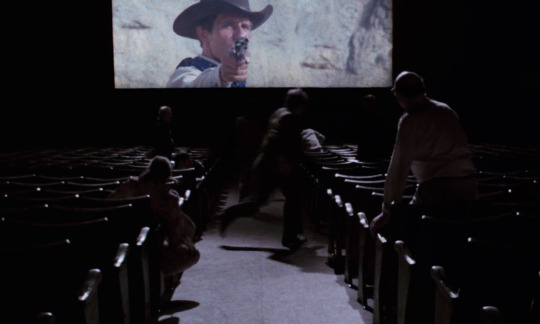
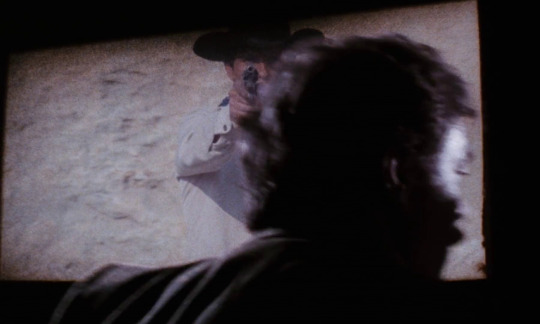

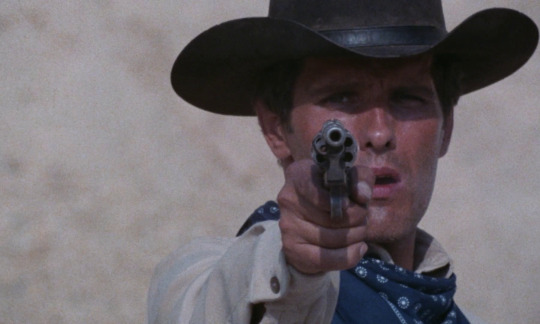
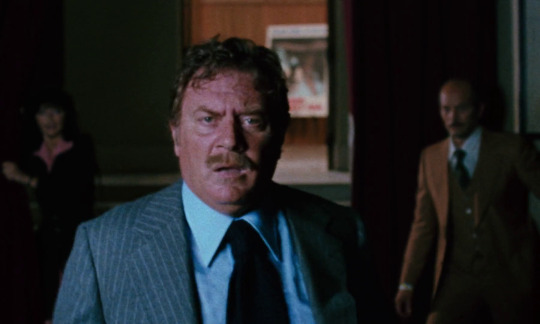
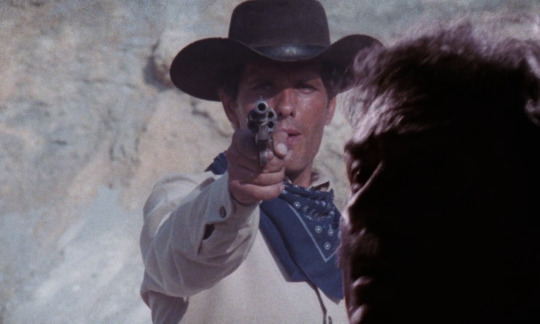
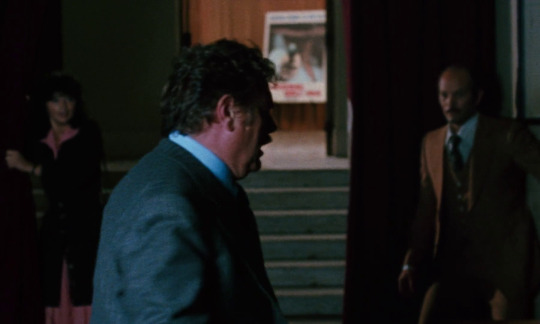
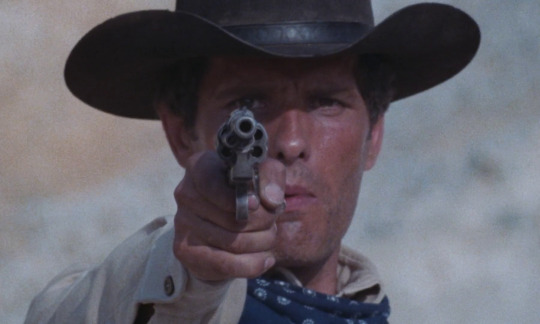
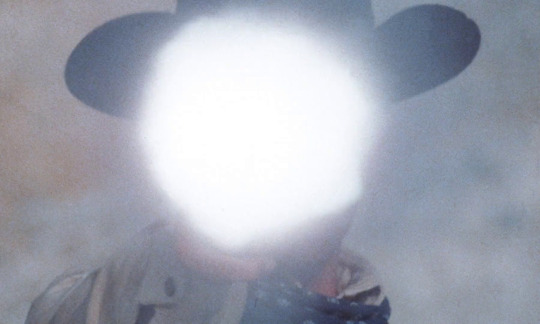
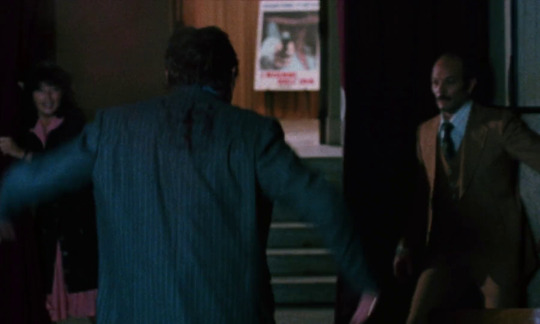
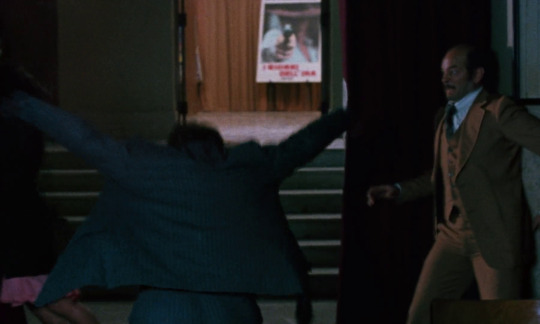

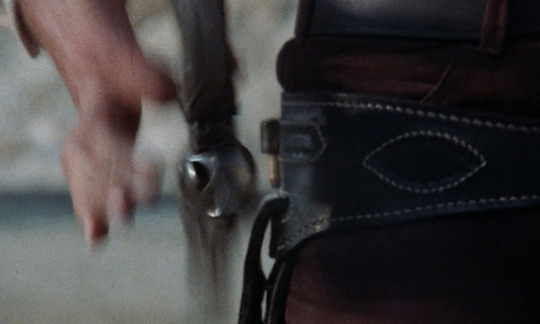
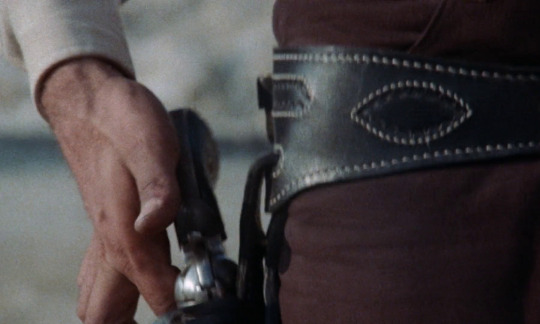
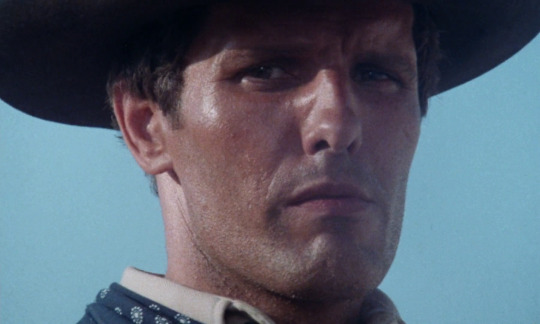
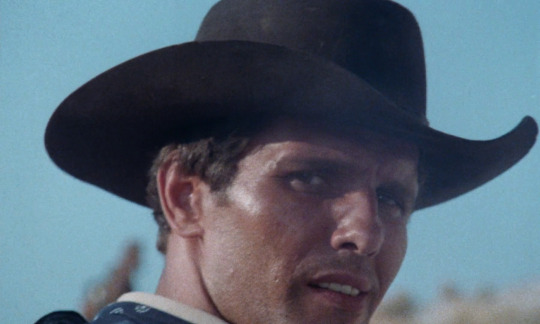
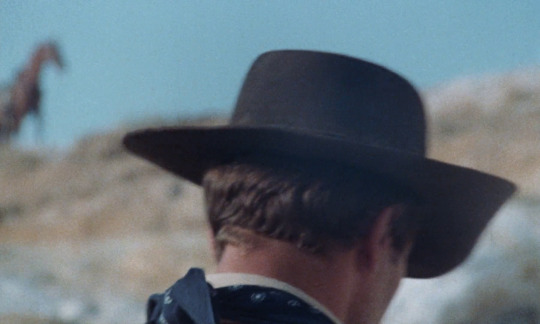
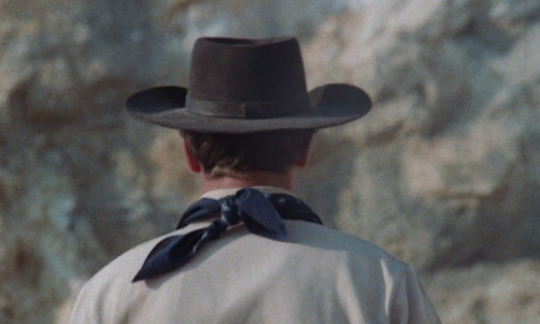
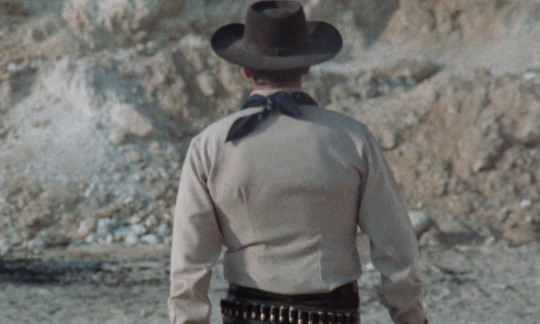
Closed Circuit (Giuliano Montaldo, 1978).
26 notes
·
View notes
Text
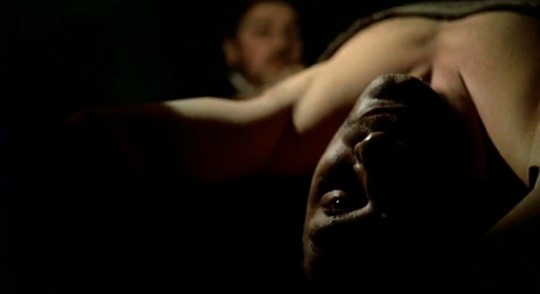


Giordano Bruno (1973)
#giordano bruno#giuliano montaldo#and paolo bonacelli in his proto-saló role... kind of hysterical#gian maria volonté#70s#giordano bruno 1973#mine
22 notes
·
View notes
Text
GIORDANO BRUNO (1973)
(reblog 1259)

Giordano Bruno is a 1973 Italian biographical-drama film directed by Giuliano Montaldo.

The film, which does not shy from presenting libidinous aspects of his behaviour, chronicles the last years of life of the philosopher Giordano Bruno (1548-1600), from the year 1592, when his ideas drew the attention of guardians of Roman Catholic doctrines, to his execution in 1600.
youtube
LINK https://youtu.be/y6W4cxRa9gQ
Fleeing from his enemies in the Catholic Church, the free thinking philosopher, poet and scientist Giordano Bruno (1548-1600) has found some protection in Venice. But the Roman Inquisition, fearing his influence in Europe, wants to bring him on trial for heresy.

Charlotte Rampling (27) in Giordano Bruno (1973)
The tragic tale of the martyrdom of Giordano Bruno, the sixteenth century Italian monk who was accused of heresy by the Inquisition and burnt at the stake.
Giordano Bruno (film) - Wikipedia
Giordano Bruno (1973) - IMDb 7'2
LINK https://ok.ru/video/1402171886105
0 notes
Note
1969 for the movie meme!
nice.
cactus flower (gene saks), my night at maud's (eric rohmer), the learning tree (gordon parks), machine gun mccain (giuliano montaldo)
8 notes
·
View notes
Text
Gian Maria Volonté, Moscow, 1974
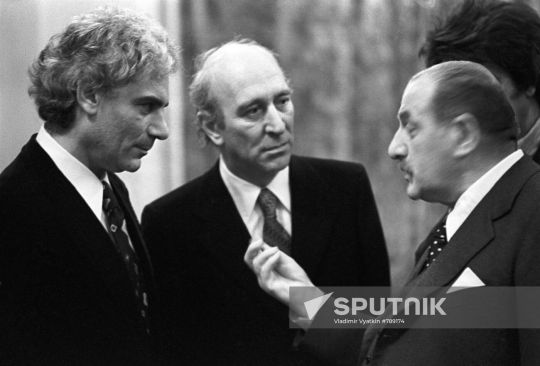
From left) Italian actor Gian Maria Volonte, film director Giuliano Montaldo and Paolo Grassi, the director of "La Scala" Opera Theatre in Milan, at the evening dedicated to the opening of the Week of Soviet-Italian Friendship in the Grand Hall of the Moscow P.Tchaikovsky State Conservatoire, Moscow. 1974.
Source : https://sputnikmediabank.com/media/789174.html
영화 밖에서 GMV가 넥타이를 매고 있는 희귀한 사진이다 😉
3 notes
·
View notes
Text
Ennio Morricone (1928-2020)
Ennio Morricone, (10 November 1928 – 6 July 2020) Best Sheet Music download from our Library.Short biographyMorricone composed over 400 scores for cinema and television, as well as over 100 classical works. He started as a talented football player for A.S. Roma but left the sport to follow his passion for music. Please, subscribe to our Library. Thank you! List of compositions by Ennio MorriconeFilmography 1950s 1960s 1970s 1980s 1990s 2000s 2010s Television films and series1960s 1970s 1980s 1990s 2000sStage productions Radio productions Advertising campaigns Selected films with music by Morricone Classic (absolute) music Live albums Studio albumswith Gruppo di Improvvisazione di Nuova Consonanza with Mauro Maur with Chico Buarque Other Selected compilations Remix albums Box sets DVDs Tribute albums
Ennio Morricone, (10 November 1928 – 6 July 2020)
Morricone was an Italian composer, orchestrator, conductor, and former trumpet player who wrote music in a wide range of styles. https://youtu.be/Jjq6e1LJHxw Short biography Morricone composed over 400 scores for cinema and television, as well as over 100 classical works. He started as a talented football player for A.S. Roma but left the sport to follow his passion for music. His score to The Good, the Bad and the Ugly (1966) is considered one of the most influential soundtracks in history and was inducted into the Grammy Hall of Fame. His filmography includes over 70 award-winning films, all Sergio Leone‘s films since A Fistful of Dollars, all Giuseppe Tornatore‘s films since Cinema Paradiso, The Battle of Algiers, Dario Argento‘s Animal Trilogy, 1900, Exorcist II, Days of Heaven, several major films in French cinema, in particular the comedy trilogy La Cage aux Folles I, II, III and Le Professionnel, as well as The Thing, The Mission, The Untouchables, Mission to Mars, Bugsy, Disclosure, In the Line of Fire, Bulworth, Ripley’s Game and The Hateful Eight. After playing the trumpet in jazz bands in the 1940s, he became a studio arranger for RCA Victor and in 1955 started ghost writing for film and theatre. Throughout his career, he composed music for artists such as Paul Anka, Mina, Milva, Zucchero and Andrea Bocelli. From 1960 to 1975, Morricone gained international fame for composing music for Westerns and—with an estimated 10 million copies sold—Once Upon a Time in the West is one of the best-selling scores worldwide. From 1966 to 1980, he was a main member of Il Gruppo, one of the first experimental composers collectives, and in 1969 he co-founded Forum Music Village, a prestigious recording studio. From the 1970s, Morricone excelled in Hollywood, composing for prolific American directors such as Don Siegel, Mike Nichols, Brian De Palma, Barry Levinson, Oliver Stone, Warren Beatty, John Carpenter and Quentin Tarantino.
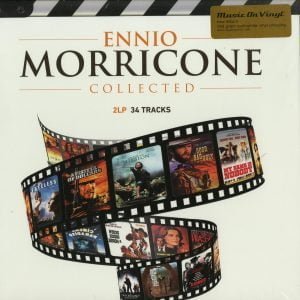
In 1977, Morricone composed the official theme for the 1978 FIFA World Cup. He continued to compose music for European productions, such as Marco Polo, La piovra, Nostromo, Fateless, Karol and En mai, fais ce qu’il te plait. Morricone’s music has been reused in television series, including The Simpsons and The Sopranos, and in many films, including Inglourious Basterds and Django Unchained. He also scored seven Westerns for Sergio Corbucci, Duccio Tessari‘s Ringo duology and Sergio Sollima‘s The Big Gundown and Face to Face. Morricone worked extensively for other film genres with directors such as Bernardo Bertolucci, Mauro Bolognini, Giuliano Montaldo, Roland Joffé, Roman Polanski and Henri Verneuil. His acclaimed soundtrack for The Mission (1986) was certified gold in the United States. The album Yo-Yo Ma Plays Ennio Morricone stayed 105 weeks on the Billboard Top Classical Albums.
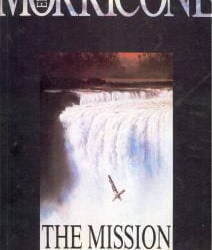
In 2007, he received the Academy Honorary Award “for his magnificent and multifaceted contributions to the art of film music.” He has been nominated for a further six Oscars. In 2016, Morricone received his first competitive Academy Award for his score to Quentin Tarantino’s film The Hateful Eight, at the time becoming the oldest person ever to win a competitive Oscar.
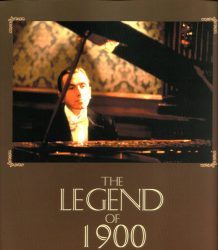
His other achievements include three Grammy Awards, three Golden Globes, six BAFTAs, ten David di Donatello, eleven Nastro d’Argento, two European Film Awards, the Golden Lion Honorary Award and the Polar Music Prize in 2010. Morricone has influenced many artists from film scoring to other styles and genres, including Hans Zimmer,Danger Mouse, Dire Straits, Muse, Metallica, and Radiohead. Morricone’s Sheet music is fully available in our Library.
List of compositions by Ennio Morricone
This is a list of compositions by composer, orchestrator and conductor Ennio Morricone. He composed and arranged scores for more than 400 film and television productions. Morricone was considered one of the most influential and best-selling film composers since the late 1940s He has sold well over 70 million records worldwide, including 6.5 million albums and singles in France over three million in the United States and more than two million albums in Korea. In 1971, the composer received his first golden record (disco d'oro) for the sale of 1,000,000 records in Italy and a "Targa d'Oro" for the worldwide sales of 22 million. His score for Sergio Leone's Once Upon a Time in the West is one of the top 5 best-selling original instrumental scores in the world today, with about 10 million copies sold. His score for The Mission (1986) was also at one point the world's best selling score. Morricone's music for The Good, the Bad and the Ugly (1966) and Le Professionnel (1981) each sold over 3 million copies worldwide. Filmography 1950s YearTitleDirectorNotes1955AbandonedFrancesco MaselliOrchestrations only Score composed by Giovanni Fusco1959La duchessa di Santa LuciaRoberto Bianchi MonteroOrchestrations only Score composed by Giorgio FaborDeath of a FriendFranco RossiConducting only Score composed by Mario Nascimbene 1960s YearTitleDirectorNotesLatest CD / Digital Release1960Run with the DevilMario CameriniOrchestrations only Score composed by Piero Piccioni,LipstickDamiano DamianiOrchestrations only Score composed by Giovanni FuscoL'avventuraMichelangelo AntonioniLe pillole di ErcoleLuciano SalceRejected score Replaced by Armando Trovajoli1961The FascistLuciano SalceFirst full scoreThe Last JudgmentVittorio De SicaArrangements and Conducting only Score composed by Alessandro Cicognini,1962L'italiano ha 50 anniFrancomaria TrapaniOrchestrations only Composed by Gino Peguri,Gli italiani e le vacanzeFilippo Walter RattiDocumentary filmI motorizzatiCamillo MastrocinqueCrazy DesireLuciano SalceIl sorpassoDino RisiOrchestrations only Score composed by Riz OrtolaniI due della legione stranieraLucio FulciArrangements and Conducting only Score composed by Luis BacalovEighteen in the SunCamillo MastrocinqueA Girl...and a MillionLuciano Salce1963Violenza segretaGiorgio MoserOrchestrations only Score composed by Giovanni FuscoIl SuccessoDino RisiLe monachineLuciano Salce—El GrecoGunfight at Red SandsRicardo Blasco Mario CaianoFirst Western film scoreI basilischiLina Wertmüller—1964Una Nuova fonte di energiaDaniele G. LuisiDocumentary filmMalamondoPaolo Cavara—CAM Sugar / 2021I maniaciLucio FulciComposed with Carlo RustichelliI marziani hanno 12 maniFranco Castellano Giuseppe Moccia—In ginocchio da teEttore Fizzarotti—Bullets Don't ArgueMario Caiano—A Fistful of DollarsSergio LeoneSilver Ribbon Award for Best ScoreI due evasi da Sing SingLucio Fulci—Quartet Records / QR445 / 2021Before the RevolutionBernardo Bertolucci—...e la donna creò l'uomo Camillo Mastrocinque—1965A Pistol for RingoDuccio Tessari—Nightmare CastleMario CaianoFirst horror film scoreAgent 077: Mission Bloody MarySergio GriecoTitle song only Score composed by Angelo Francesco LavagninoHighest PressureEnzo TrapaniComposed with Luis Enriquez BacalovSlalomLuciano Salce—Menage all'italianaFranco Indovina—Fists in the PocketMarco Bellocchio—ThrillingCarlo Lizzani Gianni Luigi Polidori Ettore ScolaComposed with Bruno NicolaiNon son degno di teEttore Fizzarotti—Se non avessi più teIdoli controluceEnzo Battaglia—For a Few Dollars MoreSergio Leone—The Return of RingoDuccio Tessari—1966The Bible: In the BeginningJohn HustonFirst American film Uncredited; Composed with Toshiro MayuzumiSeven Guns for the MacGregorsFranco Giraldi—Wake Up and DieCarlo Lizzani—Agent 505: Death Trap in BeirutManfred R. KöhlerComposed with Bruno NicolaiThe Hawks and the SparrowsPier Paolo PasoliniNominated - Silver Ribbon Award for Best ScoreThe Battle of AlgiersGillo PontecorvoComposed with PontecorvoThe Hills Run RedCarlo Lizzani—Un uomo a metàVittorio De Seta—How I Learned to Love WomenLuciano Salce—For a Few Extra DollarsGiorgio FerroniComposed with Gianni FerrioFlorence: Days of DestructionFranco ZeffirelliDocumentary filmNavajo JoeSergio Corbucci—The Big GundownSergio Sollima—Beat Records / BCM9603 / 2022The Read the full article
3 notes
·
View notes
Text
A Relentless Soul
youtube
Venice: May 23, 1592. Scene 1: Giordano Bruno gets arrested at the Mocenigo Palazzo. He does not say anything and behaves with a placid attitude—the philosopher might have anticipated this moment. Scene 2: Giordano Bruno is riding in a boat on the way to the Sanctum Officium (Holy Office), i.e. the Venetian Inquisition. Unperturbed, he seems to be deep in thought. Scene 3: He is being put on the register of detainees. The idle viewers behind the ghastly bars outside hurling remarks make this farcical situation more dramatic. The philosopher enjoys exchanging banter with them. After all, he would rather be considered to belong in the plebeians than in the patricians.
**********
Bruno was betrayed by his wealthy host who had invited him to his residence in Venice in order to be tutored in the art of memory. However, due to Bruno's flippant attitude, he later decided to make accusations of blasphemy against his intellectual guest. Although after he unconvincingly abjured some of his beliefs, Bruno was sent to Rome to stand before the notorious brutal Roman Holy Inquisition, where he was eventually burned at the stake on February 17, 1600. Among his quotes that were used against him during the inquisitory trials were: "No existing religion is good, because each of them is equally an instrument of power, and drives men to fratricidal fighting and bloody wars." "All incomes for convents and priests must be revoked, because they make the world filthy." "Priests should get married, because it's a shame for the Church to regard as sin such a wonderful gift of nature."
🎞film: Giordano Bruno (1973) 🎬director: Giuliano Montaldo 🟣🟣🟣🟣⚪️
2 notes
·
View notes